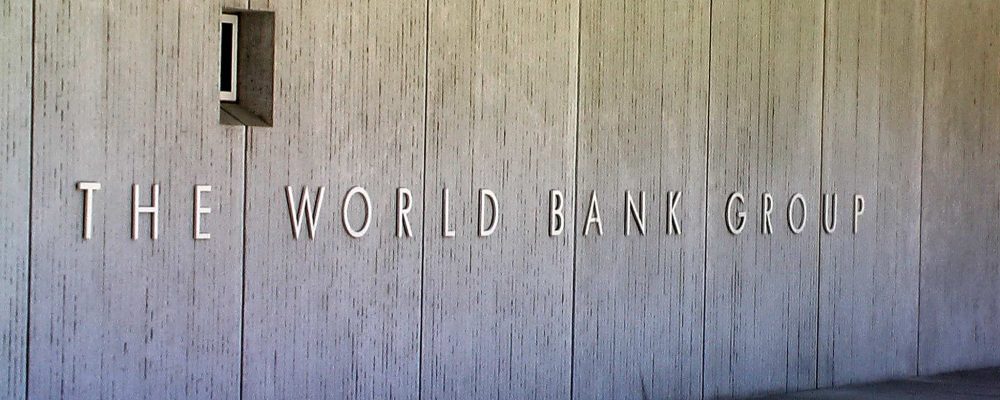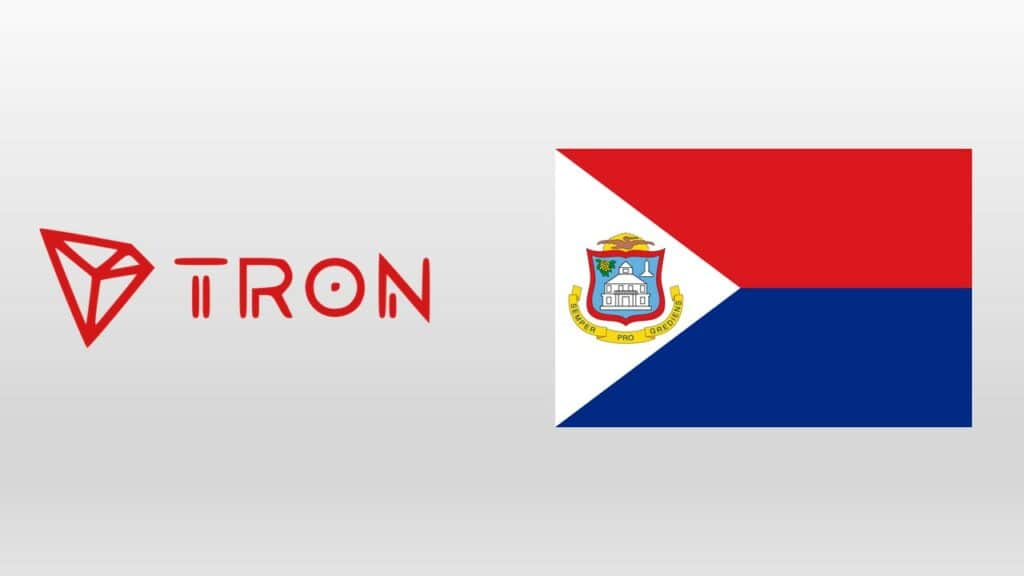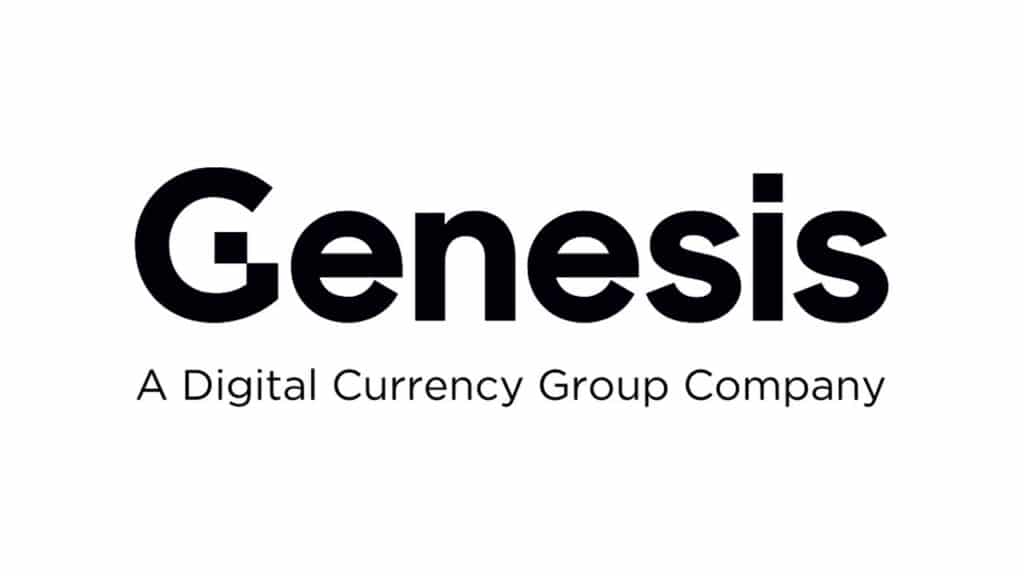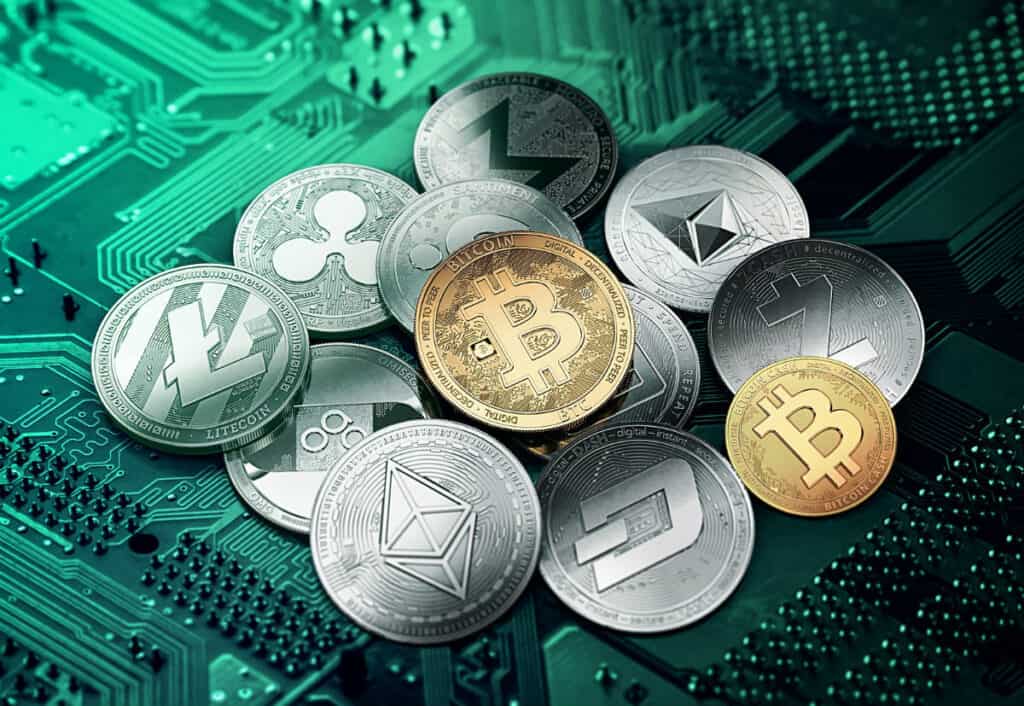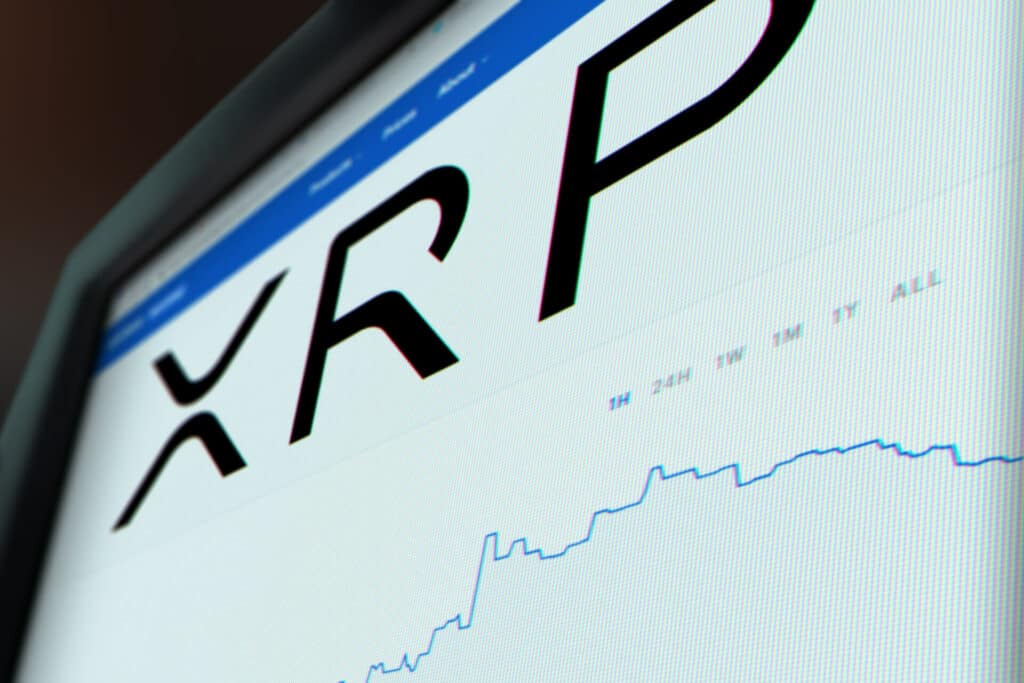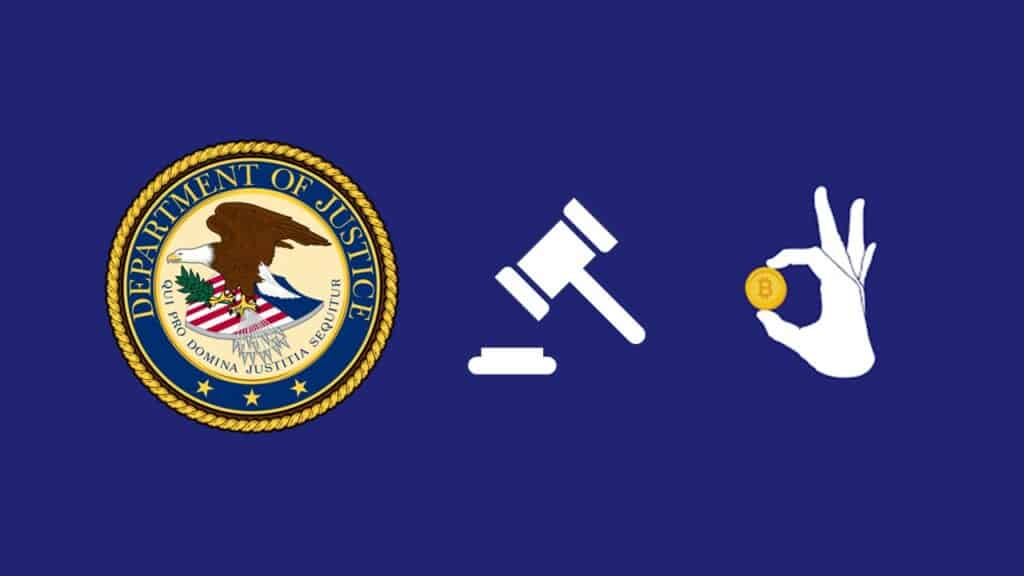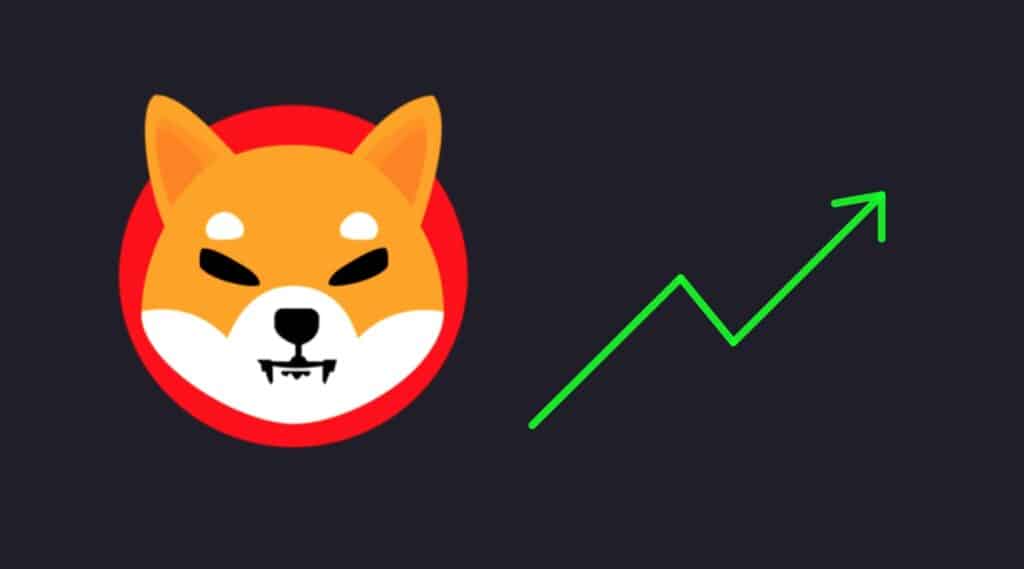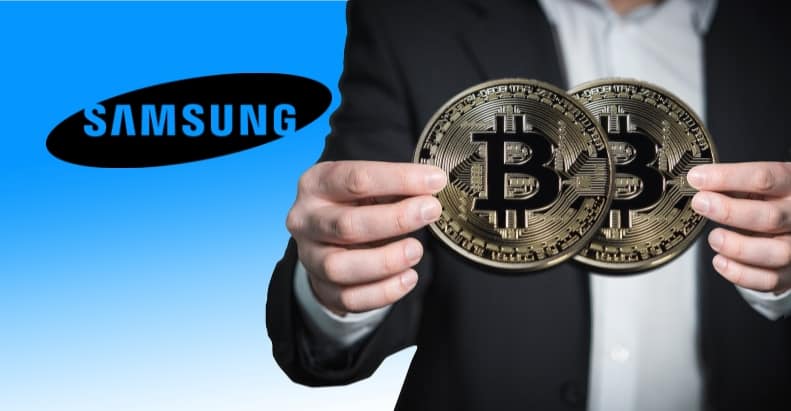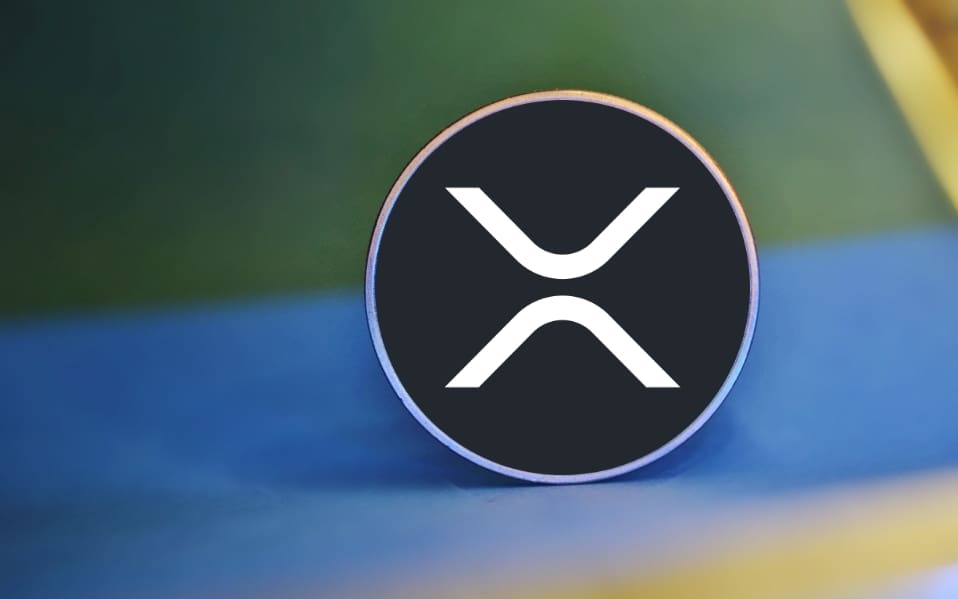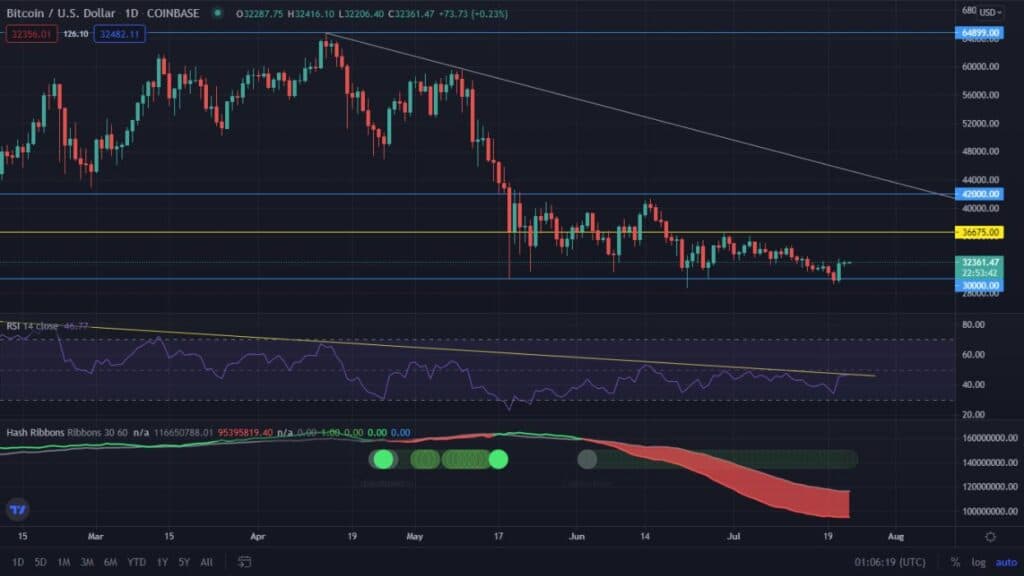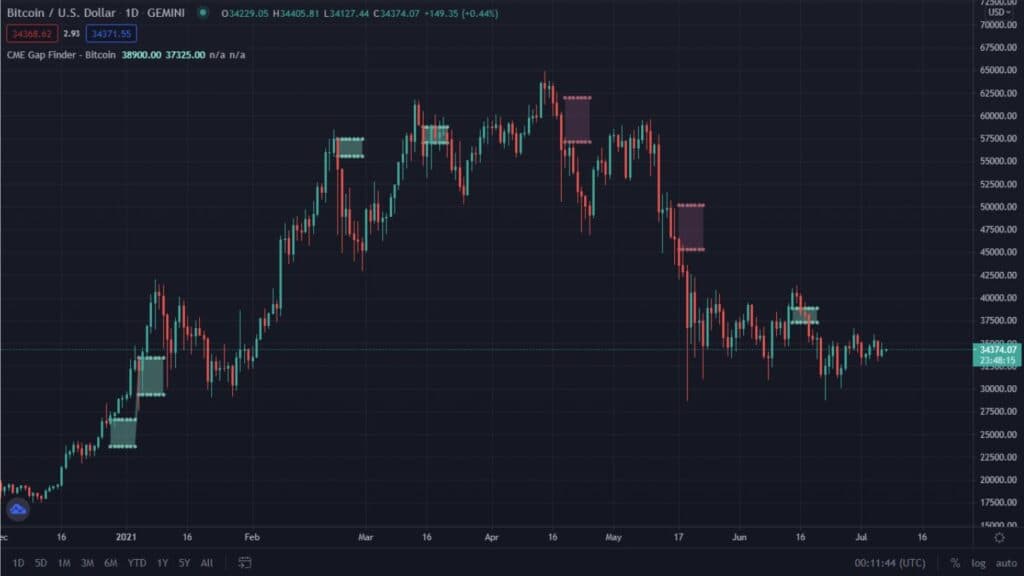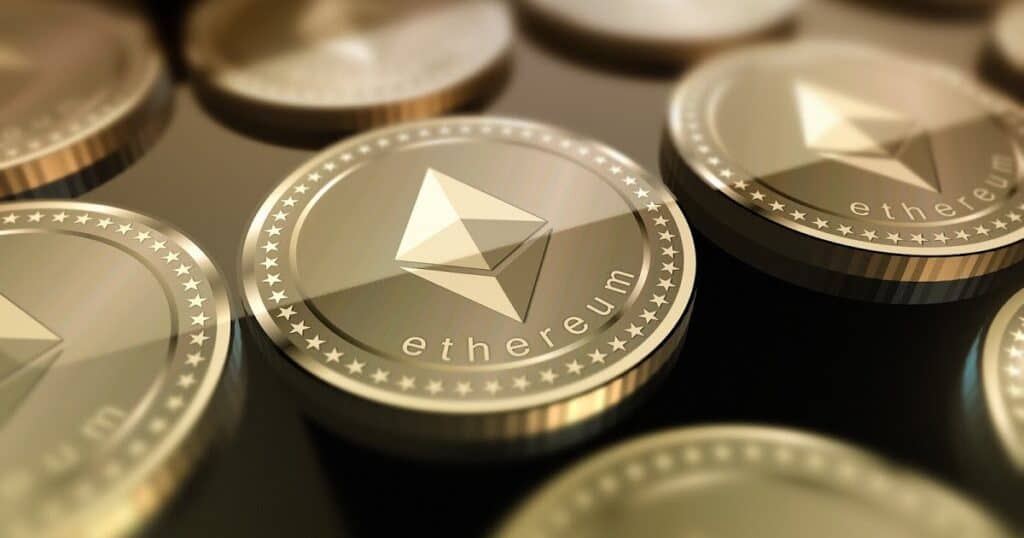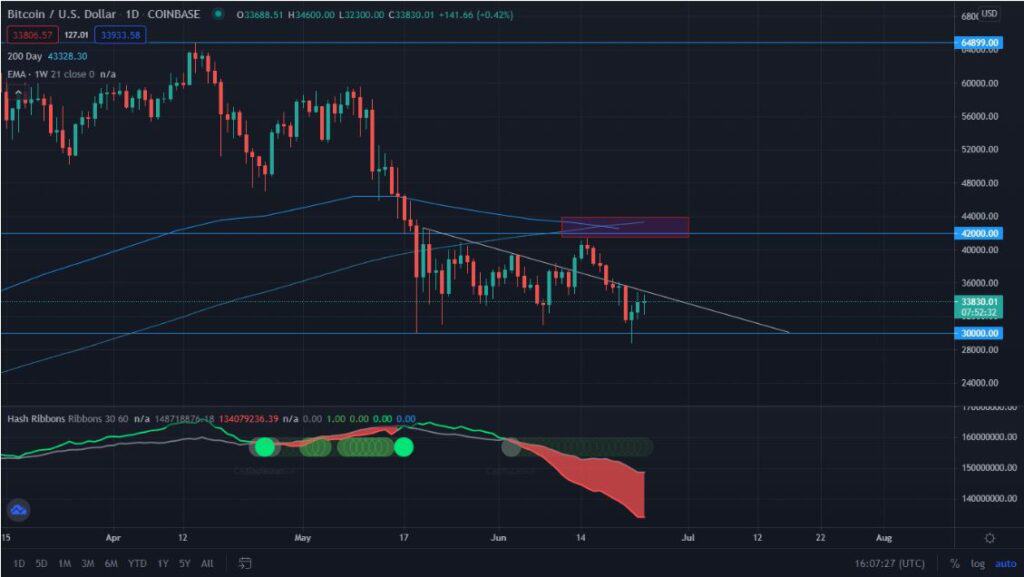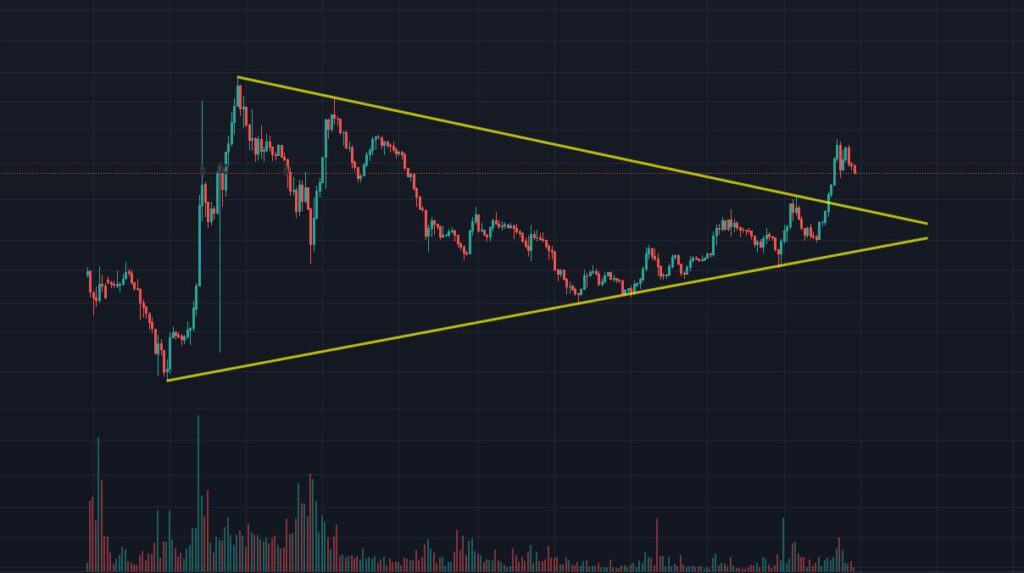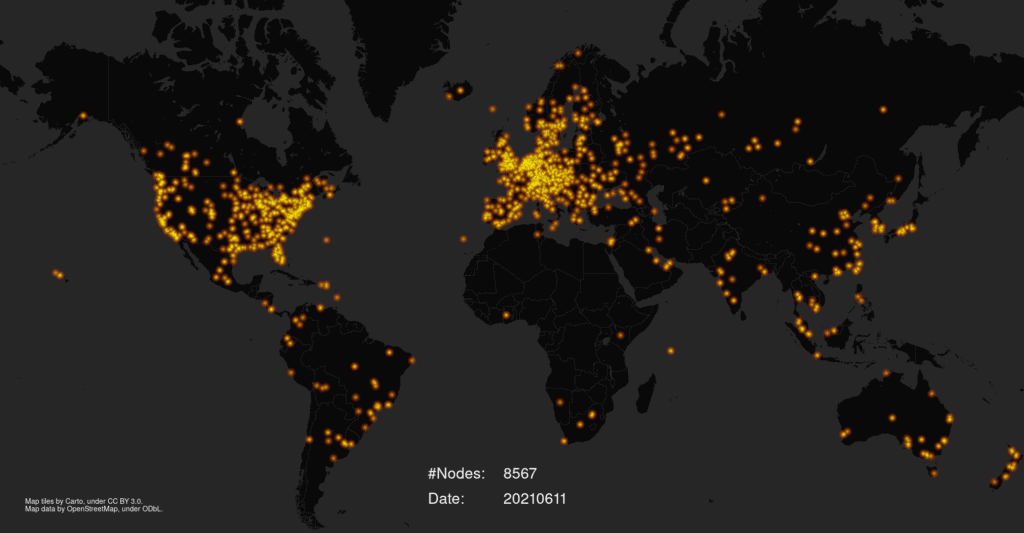On June 8, 2021, El Salvador’s Congress voted to introduce a law making Bitcoin (BTC) an official means of payment. Among other things, this law makes it possible to pay taxes, take a loan, or get a paycheck in Bitcoins! After this law was passed, the Salvadoran Minister of Finance, Alejandro Zelaya, asked the World Bank for technical support. After all, no country to date has introduced Bitcoin on such a large scale. Unfortunately, the minister heard a firm “no”.
World Bank – what is this institution?
The World Bank is not a bank in the classic sense of the term, as most of us might assume. The term refers to two United Nations agencies that operate within the World Bank Group. The aim of these institutions is to provide financial loans on favourable terms to member countries, grants and also aid in the fight against poverty. They also financially support areas such as health care, environmental protection, and education.
El Salvador introduces bitcoin as official means of payment
Salvadoran President Nayiba Bukele’s love for cryptocurrencies is already widely known. For several years now, he has been consistently pursuing policies to lead to the adoption of cryptocurrency as an official means of payment in El Salvador. Finally, in 2021, he succeeded. Bukele claims that Bitcoin (BTC) is the currency of the future. He predicts that introducing it as an official means of payment will bring economic growth to El Salvador, increase innovation, and develop the tourism sector. The idea has received both strong support and strong criticism.
Opponents of introducing Bitcoin in El Salvador
The World Bank has officially criticized the idea of introducing Bitcoin as a means of payment. It justifies this criticism on the grounds that Bitcoin creates a high potential for money laundering. The law also has other shortcomings related to environmental issues and transparency, among others.
Other major financial organizations such as the International Monetary Fund(IMF) and the Bank for International Settlements(BIS) and even JP Morgan have reacted similarly to the World Bank. These organizations have always been wary of cryptocurrencies, and Bukele’s ill-considered actions only reinforce this opinion. After all, the Salvadoran president is so concerned with attracting investors that he doesn’t care where the Bitcoins (BTC) come from, and whether they actually come from an illicit source. The president’s bill also has another rather disturbing aspect to it: it provides for a 0% tax on capital gains made in Bitcoin trading.
Completion
The introduction of Bitcoin (BTC) as an official means of payment, especially in a country like El Salvador where a large part of the population does not even have a bank account is a crazy idea. This is also how it is judged by large and respected financial institutions. Time will tell if it turns out to be a hit idea.

